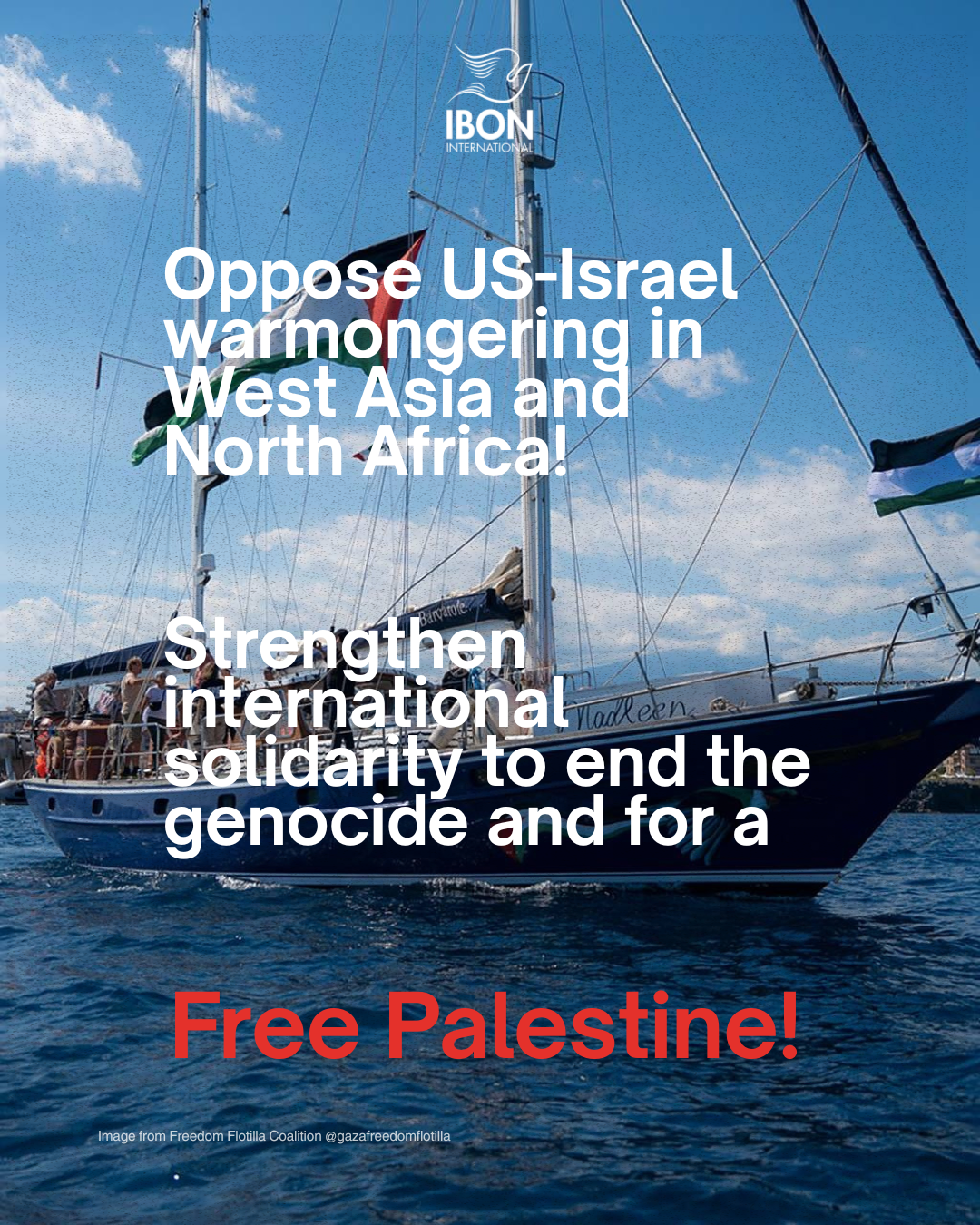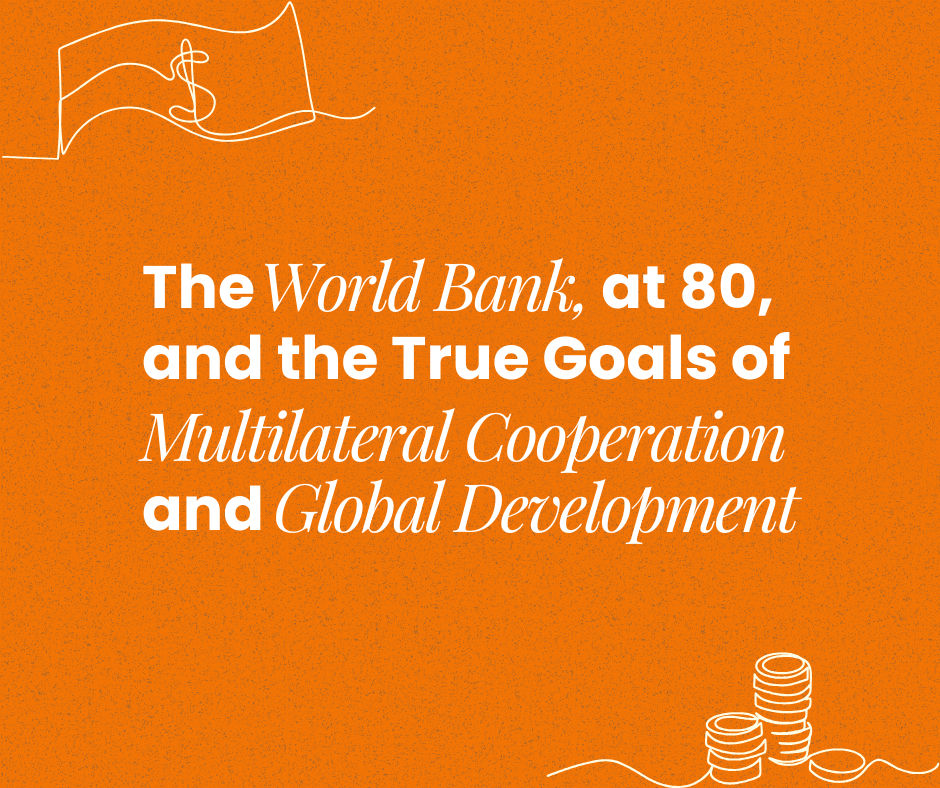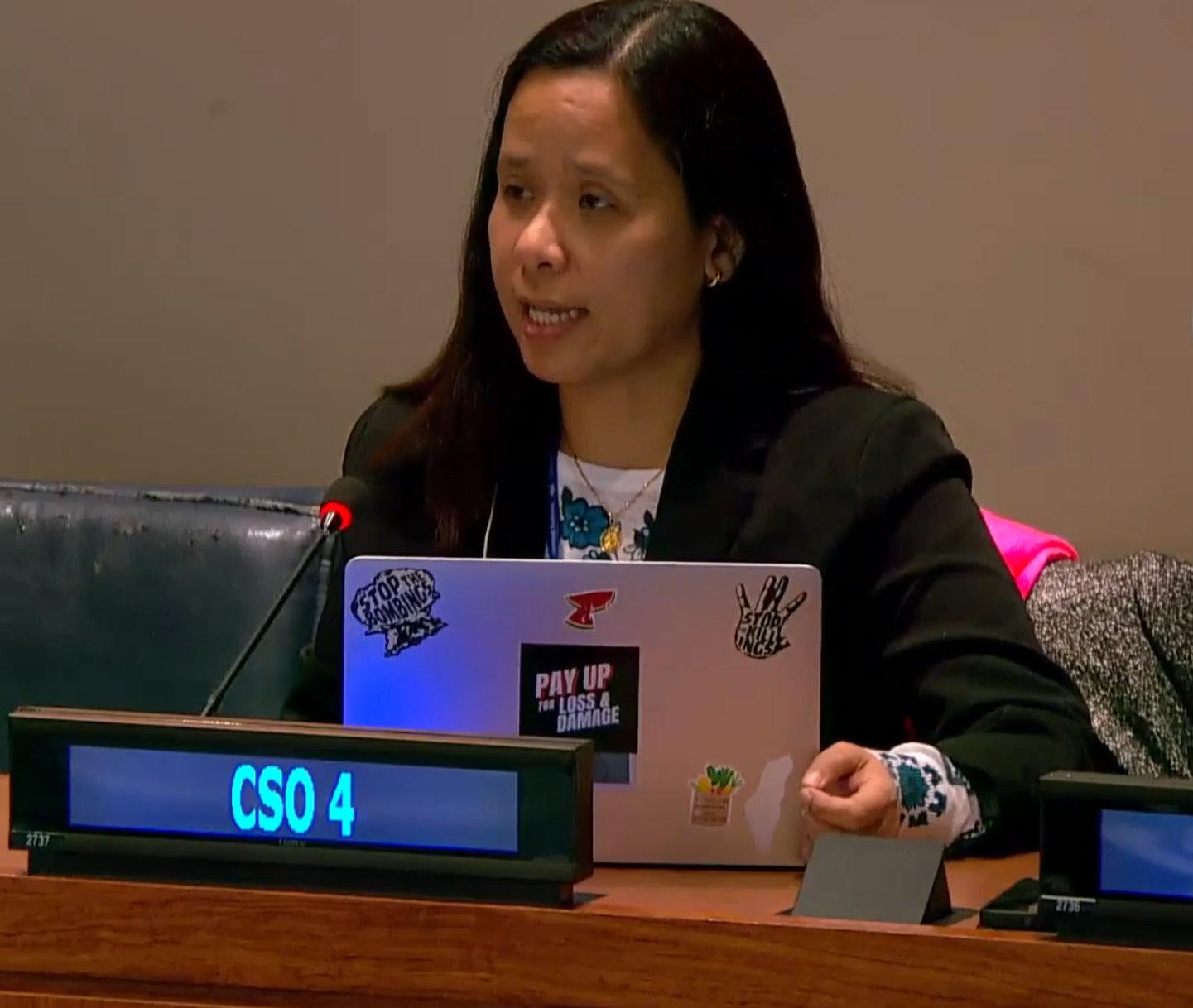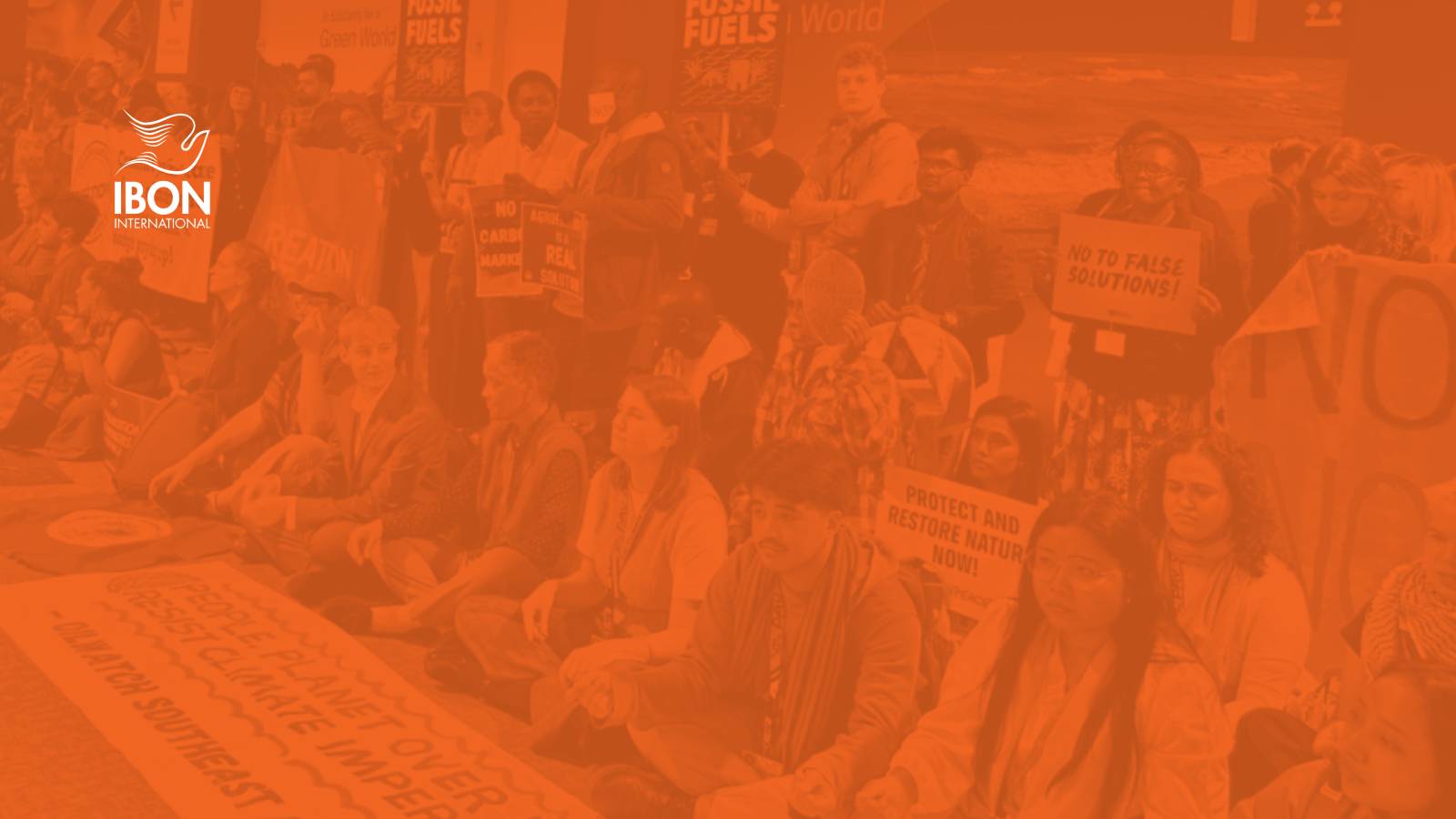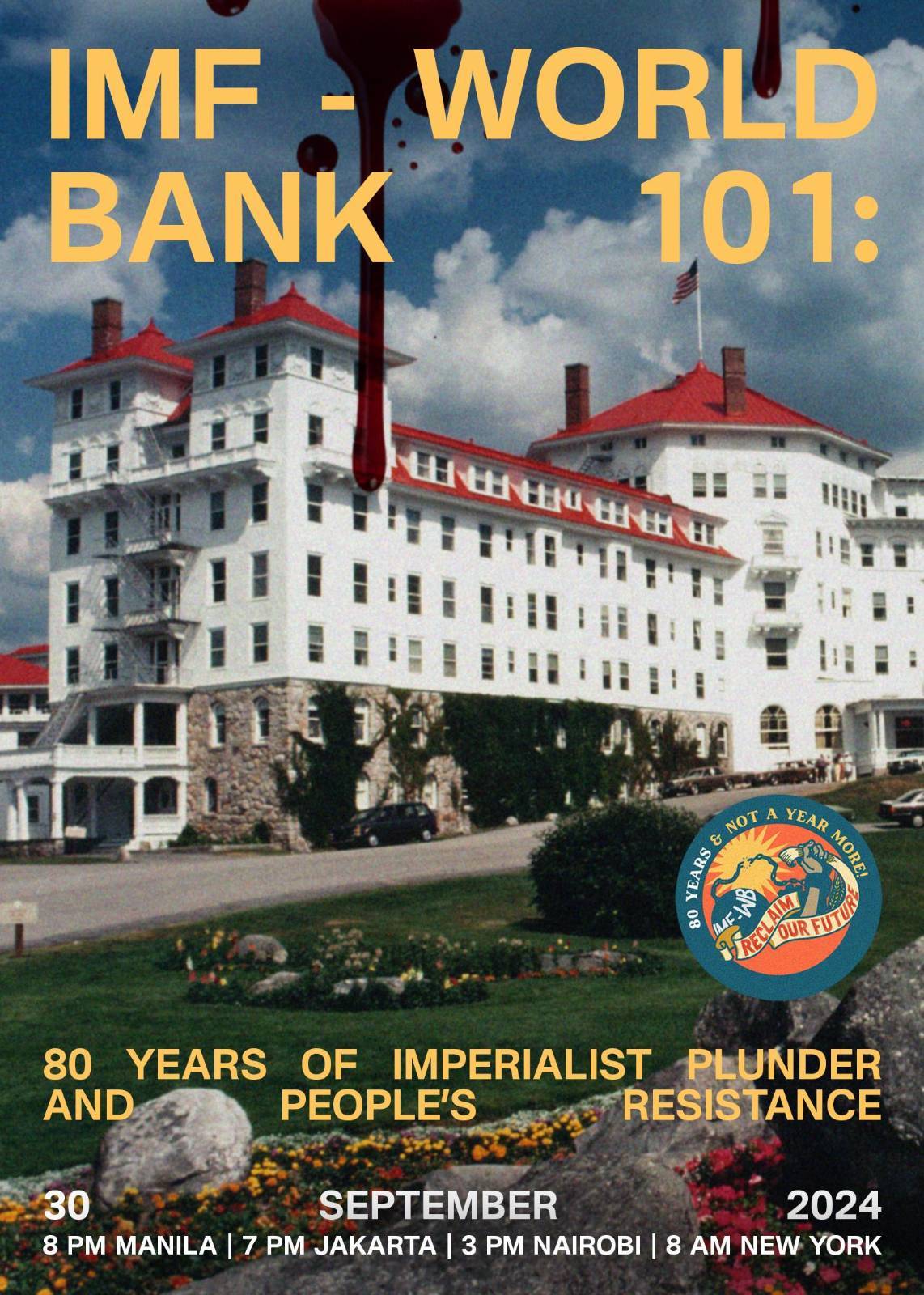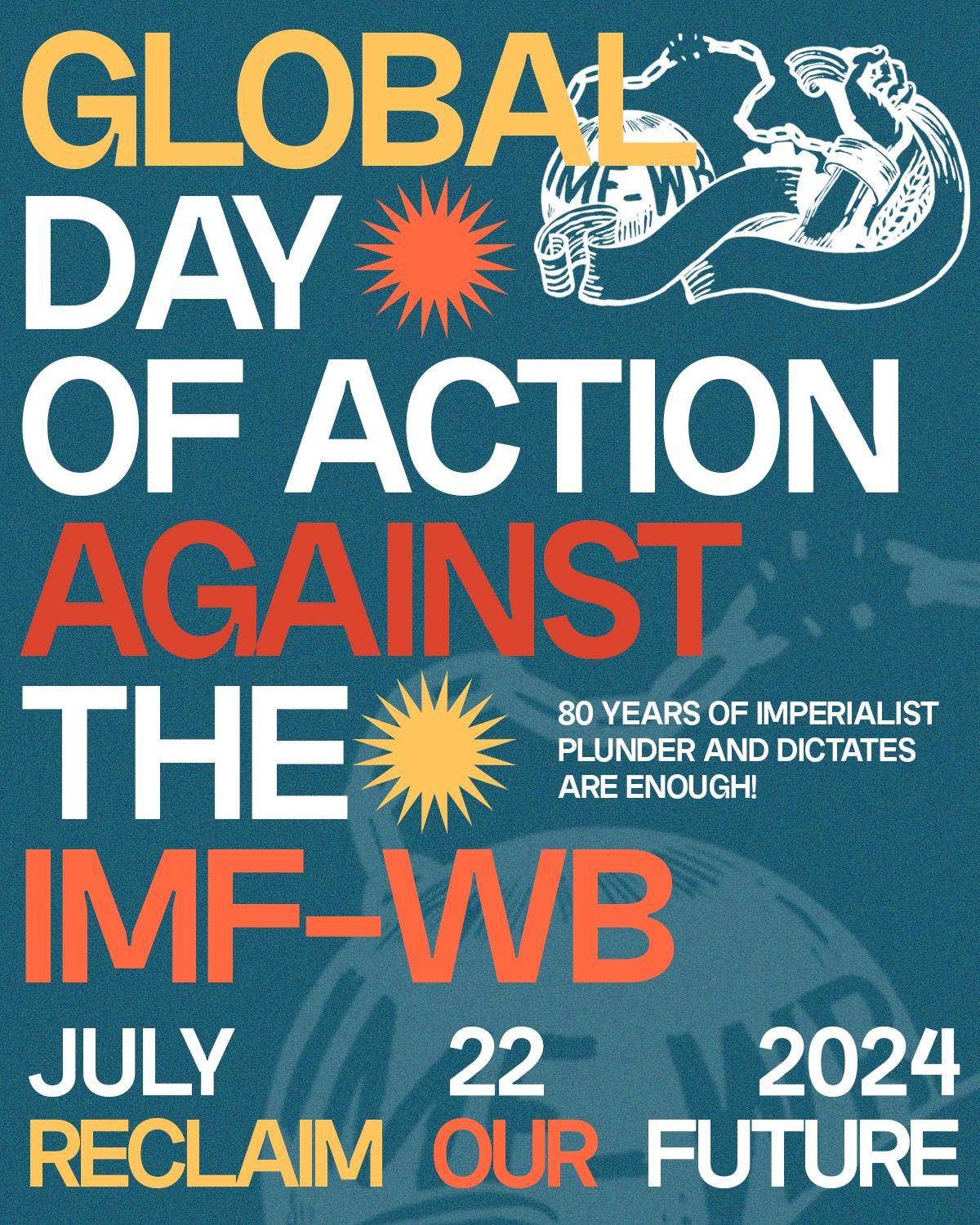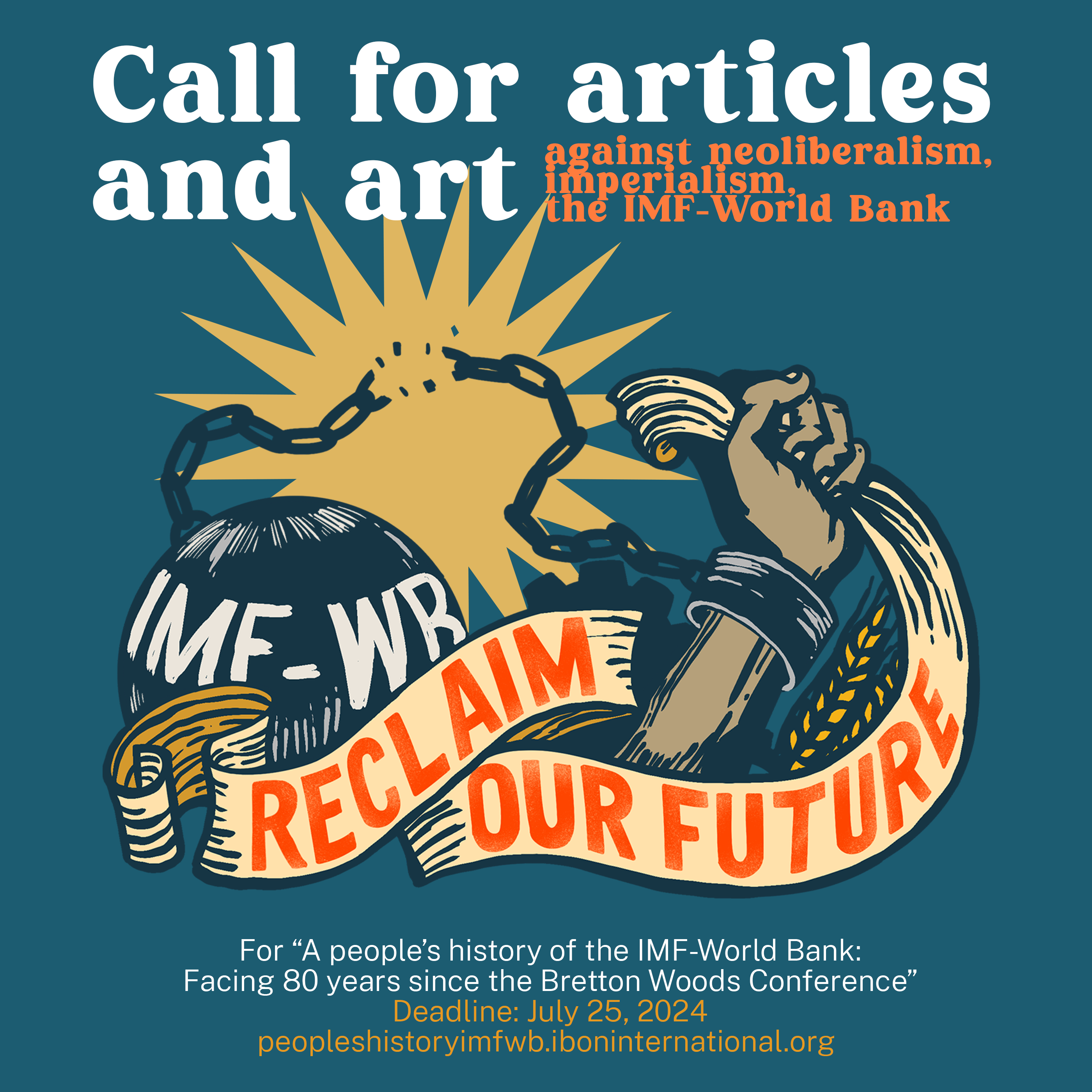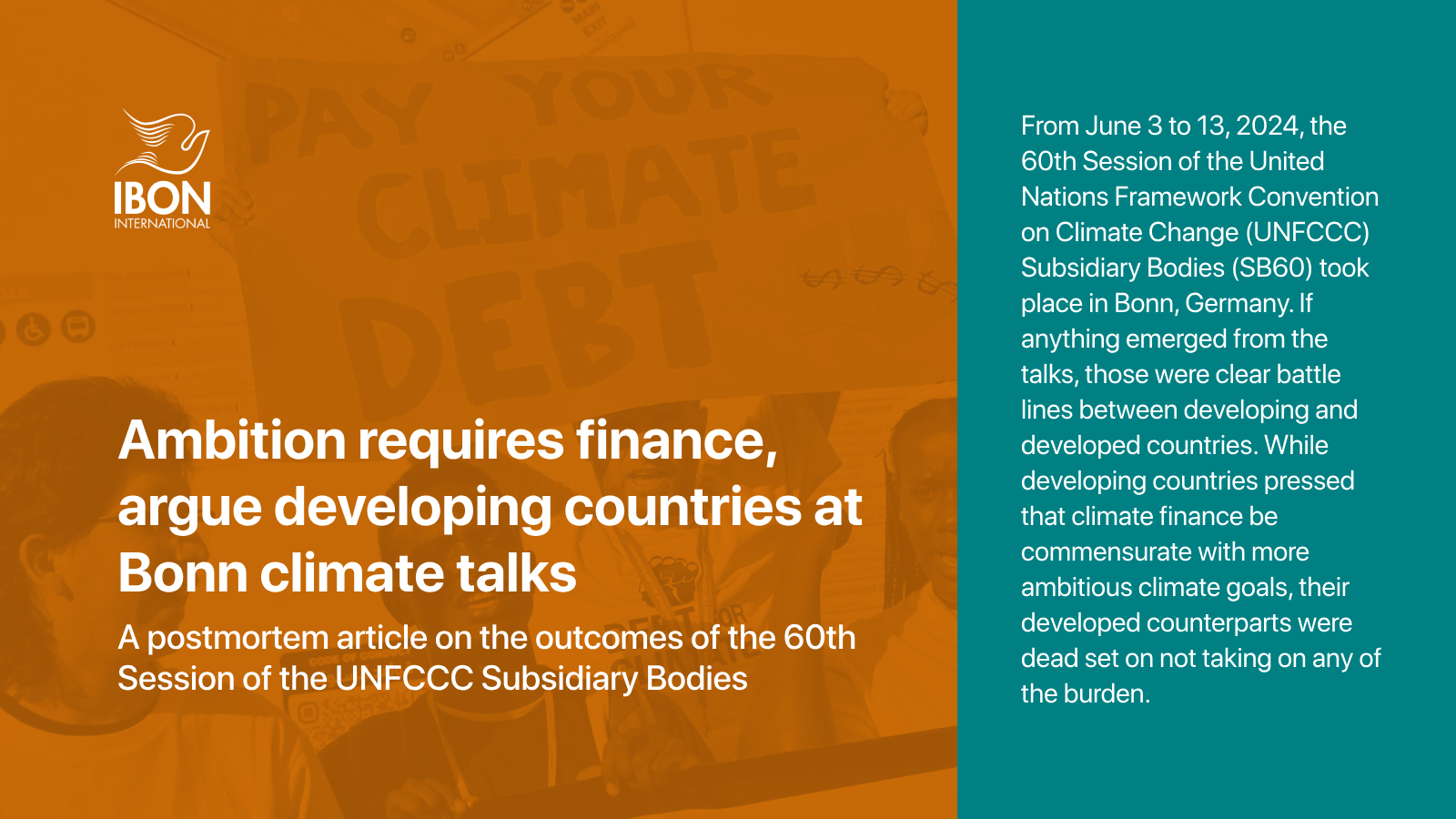By IBON Europe
On 27 to 28 October, the Philippine government holds a high-level mission in Brussels, Belgium to discuss the status of the Philippines’ Generalized Scheme of Preferences Plus (GSP+) with the European Union.
In February 2022, ahead of a European Union (EU) mission to the Philippines, the European Parliament (EP) released a resolution through the joint motion of six (out of the eight)[1] parties of the EP, which, among others, strongly condemned the “thousands of extrajudicial killings and other serious human rights violations related to the ‘war on drugs’; and called for a robust response from the EU”.
The resolution called for the immediate action from European Commission (EC) and other EU institutions, including to “immediately initiate the procedure which could lead to the temporary withdrawal of GSP+ preferences if there is no substantial improvement and willingness to cooperate on the part of the Philippine authorities.”[2]
Human rights organisations, families and victims of human rights violations, and international civil society organisations welcomed the position of the EP. Eight months since the resolution, the EC, as the implementing institution for these privileges, has yet to acknowledge the necessity of acting on the Philippine human rights crisis using the tool that the EU purports to uphold international human rights conventions with its trade partner countries.
The GSP+ arrangement
The Generalised System of Preferences (GSP) is a trade arrangement aimed at “promoting growth” in developing countries. It was created under the auspices of the United Nations Conference on Trade and Development (UNCTAD) and allowed under the rules of the World Trade Organisation (WTO). An exception to the most-favoured nation treatment of the WTO, the GSP allows developed countries to trade commodities with developing countries in non-reciprocal and preferential terms (e.g., lower or zero export duties).[3] Of the 13 countries implementing GSP, the EU and the United States (US) implement eligibility requirements which, to some extent and in various ways, are related to human rights compliance and standards.[4]
The EU’s Generalised Scheme of Preferences (EU GSP) is an arrangement for low- and middle-income countries that grants partial or full removal of customs duties on two-thirds of tariff lines. It has three components: the standard GSP,[5] the GSP+ as well as the Everything but Arms (EBA) arrangement.[6] The EU believes that the removal of such import duties will help developing countries alleviate poverty and create jobs.
The EU Special Incentive Arrangement for Sustainable Development and Good Governance (known as the GSP+) is an incentive arrangement that slashes these same tariffs to 0% for vulnerable, low- and lower-middle-income countries. Eligible countries for GSP[7] must meet the following criteria to be eligible for GSP+: 1) the beneficiary country is required to ratify 27 international conventions, and 2) to cooperate with the European Commission to monitor the implementation of these conventions listed in the GSP Regulation regarding environmental and climate protection, and good governance.[8]
According to the Philippines’ Department of Trade and Industry (DTI), the country has enjoyed greater market access to the EU that led to a significant increase in exports. The Philippines was granted GSP+ status in 2014 and has been eligible to export 6,274 products, tax-free, to the EU. The Philippines’ utilisation rate of its GSP+ privileges increased from 67.2% in 2014 to 75% in 2020.[9] A big bulk of GSP+ exports went to a single EU country, the Netherlands (42.99%), followed by Germany (19.08%), Italy (8.60%), France (8.19%), and Spain (6.94%).[10]
The 2020 Joint Report of the EC to the EP, which is the latest report so far, cited that “GSP+ beneficiaries have made progress in effective implementation of the 27 international conventions listed in the arrangement and also taken additional commitments.” However, the EC admits challenges to compliance. In the Philippines, the report cited compliance problems in relation to civic space, freedom of association, and the possible revival of capital punishment.[11]

Photo: Groups, trade unions, and Filipino organisations protest in front of the Philippine embassy in Belgium to highlight the human rights situation, amid the Philippine government mission to discuss EU trade preferences. (Glenis Balangue / IBON Europe)
A human rights tool?
The EP’s insistent call, to use available mechanisms towards pushing for the implementation of international human rights commitments among EU’s trading partners, stands in stark contrast to the EC’s more conservative stance, which has upheld the overall benefits of the GSP regime.
This difference is apparent in the five resolutions that have been passed by the EP regarding the human rights situation under the previous Duterte government. Citing various international conventions and agreements, the latest joint resolution reflected the EP’s condemnation of, and concerns about, the “drug-war” extrajudicial killings, the killing of human rights defenders and journalists, and systematic attacks against the freedom of association. It showed concern regarding the practice of red-tagging as a driver of killings, threats, warrantless arrests and harassments of human rights defenders (HRDs), as well as the institutionalization of this practice via the Anti-Terrorism Act. The resolution was further alarmed about the deterioration of the human rights situation during the Covid-19 pandemic.[12]
And towards assessing the Philippine government’s seriousness in addressing rights concerns, the resolution called on the EC to “set clear, public, time-bound benchmarks for the Philippines to comply with its human rights obligations under the GSP+ scheme.” The EP also reiterated its call to the EC to immediately initiate the procedure which could lead to the temporary withdrawal of GSP+ preferences absent “substantial improvement and [the Philippine government’s] willingness to cooperate”. Further, it reiterated a previous resolution for the EC to closely monitor the situation in the Philippines and to regularly report to the EP.[13]
Even as the human rights violations under Duterte have been brought up or filed at various international mechanisms, it appears that the EC is currently less willing to part with this trade arrangement even temporarily. This exposes the agreement’s limitations in delivering on its promise. As long as the government expresses willingness to engage, and pays lip service to adherence to commitments, as in the case of the Philippines, the EU benefits from such trade arrangement.
The EU GSP has faced criticisms in the past. Critics cite the exclusivity and the lack of transparency of the EC’s monitoring and review process, and a perceived ‘double standard’ in withdrawing privileges (e.g., different treatment for same violations).[14]
The current EU GSP regime is about to end. The EP, in response to the EC’s proposal for a new GSP regulatory regime, suggested several changes, including but not limited to: the introduction of benchmarks for the progressive suspension of tariffs, more transparency, and the consideration of human rights record as taken up by other international bodies such as the United Nations.[15] A crucial EP proposal is the ‘systematic and regular’ participation and inclusion of civil society and social partners throughout the monitoring cycle and that their submissions should be duly taken into account.[16]
The benefit in terms of export diversification from GSP+ is limited.
Within a neoliberal framework
The GSP mechanism remains within the neoliberal framework of development, one based on dominant conceptions of economic growth. Under this model, for developing countries like the Philippines to attain economic growth, they should open up to the free movement of goods and capital, especially from foreign investors. Such neoliberal policies implemented in countries like the Philippines are largely responsible for the stunting of the domestic industrial base, for the dependence on imports, and the orientation towards exporting mostly agricultural products or low-value added products.
Because of the underdevelopment of domestic agricultural and industrial production, most Philippine exports in general, and to the EU in particular, have low-value added to the Philippine economy. The top GSP+ exports of the Philippines include: crude coconut oil, vacuum cleaners, prepared or preserved tunas, electro-thermic hair dressing apparatuses, spectacle lenses, new pneumatic tires, prepared or preserved pineapples, fatty alcohols (industrial), parts suitable for use solely or principally with radio-broadcasting or television transmission and reception, and activated carbon.[17]
Interestingly, a recent study by a Philippine government think tank revealed that the agricultural exports are cornered by long-established agricultural corporations, mostly in Mindanao. Industrial (more value-added) exports covered by the GSP+ were dominated by multinational companies (39 of 43 firms) and highly dependent on components imported from other countries. Therefore, the benefit in terms of export diversification from GSP+ is limited.[18]
The EU’s importers benefit significantly in terms of savings in import duties. For example, in 2019, EU countries saved 1.9 billion Euros worth of import duty savings from GSP privileges.[19]
Since the Philippines’ economic policy prioritises the country’s reputation as a foreign investment destination, the GSP+ status incentivises foreign companies to locate their manufacturing operations in the Philippines.[20] But while attracting foreign investments is not a bad practice in itself, it is fundamentally problematic if implemented as a core economic policy, instead of strengthening and supporting the local or national manufacturing industry. Moreover, it further drives down domestic wages in a race to the bottom to attract foreign investments. Contrary to long-standing claims of the Philippine government, foreign direct investment is not in and of itself necessary for development as the experience of newly-industrialised countries, such as South Korea, have proven.[21]
Quo vadis, GSP+?
In the past, the EU has temporarily suspended privileges because of human and labour rights violations, such as in the case of Myanmar, Belarus, and Sri Lanka. Myanmar’s temporary suspension followed EU’s sanctions based on the Common Foreign and Security Policy[22] while Sri Lanka’s temporary suspension stemmed from an EC investigation that reviewed UN and rights organisations’ reports on Sri Lanka’s violations of the International Convention on Civil and Political Rights, Convention Against Torture and the Convention on the Rights of the Child.[23]
In the case of the Philippines, the EP’s call to start the process of temporary suspension of benefits is not the only international remedy or accountability mechanism on the table that could serve as basis for an EU assessment. The Philippines will undergo its 4th Universal Periodic Review Cycle in November under the auspices of the UN Human Rights Council, which will look into the human rights situation in the country. The International Criminal Court has recently rejected the request of the Philippine government to halt the investigation on allegations of serious crimes against humanity committed in relation to the ex-Duterte administration’s drug war. There is also a standing request from international trade union associations to review the GSP privileges granted by the US because of the Philippine government’s violation of workers’ rights.[24]
The result of the EU’s monitoring mission in the Philippines in February to March 2022 emphasised the need for the Philippine government to show “tangible and measurable progress over time on issues of concern” – issues such as the war on drugs, accountability for extrajudicial killings, restrictions of civil society space (including red-tagging of human rights defenders), freedom of expression, opinion and media, anti-torture legislation, anti-terrorism laws, freedom of association, child labour, drugs policy, environment and climate change, as well as corruption.[25]
It remains to be seen how the EU will measure and assess the notion of “tangible and measurable progress,” or whether this last review will have an impact on the current arrangement or the Philippines’ application for the next programme.
Governments’ continued engagement and willingness to discuss these concerns remain important. But in the last analysis, the best measure of government sincerity boils down to producing results and outcomes in improving the human rights situation, delivering justice, and owing up to its accountability.
The onus to use the GSP+ as a human rights tool lies with the EU, as it has every chance to prove its claimed commitment to advancing human rights and democratic values. Or would its economic interests in trading with the Philippines ultimately prevail?
Endnotes:


